Widely hailed as a return to form upon its release fifty-five years ago (12/6/68), the Rolling Stones’ Beggars Banquet is also the first of three wildly erratic albums preceding the consistently exceptional Exile On Main Street. Still, often as not, the music it contains is as dirty as the image of its controversial original cover image and excels precisely because of that factor.
Bookended by the pure rock and roll singles “Jumpin Jack Flash” of May 1968 and “Honky Tonk Women” just over a year later, the blues motifs so prevalent in this first album of the group’s to be produced by Jimmy Miller gave the lie to the baroque experimentalism and psychedelia of prior albums including Aftermath, Between the Buttons and Their Satanic Majesties Request.
The late Brian Jones had contributed considerably to those records with his multi-instrumental expertise, but by the time recording sessions began in the spring of 1968, the co-founder of the Stones had become almost but not quite irrelevant in the studio. Perhaps not coincidentally, his most prominent participation is the slide guitar he plays on “No Expectations;” one of Mick Jagger and Keith Richards’ greatest songwriting collaborations, it is a direct outgrowth of their early devotion to blues music (actually shepherded by Jones).
“Prodigal Son” by Robert Wilkins precedes other latter-day Rolling Stones blues covers, including”Love in Vain” by Robert Johnson on Let It Bleed and “You Gotta Move” by Fred McDowell and Gary Davis on Sticky Fingers (plus Slim Harpo’s “Shake Your Hips” on the aforementioned 1972 double album). The juxtaposition of the track with “Stray Cat Blues” illustrates how far the iconic British band had progressed beyond their roots. Nevertheless, even after having assimilated those influences, the acoustic textures that so often earmark the idiom remain otherwise prevalent here.
The lascivious nature of the latter original, combined with Jagger’s lip-smacking vocal, extends his arch persona far beyond self-conscious caricature in “Sympathy For The Devil”. The broadly tongue-in-cheek “Dear Doctor” and “Parachute Woman” are less effective as songs than performances; hear the gleeful smacks Charlie Watts applies to his drumkit–especially resonant on the 2002 SACD–and the fiddle on “Factory Girl” that amplifies its country-blues style.
The latter is well-positioned, at least in conceptual terms. as the penultimate of the ten tracks. Preceding “Salt of the Earth,” it rings true when the over-produced latter does not: empathy is not the Rolling Stones’ strong suit. Nor is surrealism, as proven on the previous long player: even as the strained imagery and (especially) the refrain of “Jigsaw Puzzle” too closely echoes (or clumsily acknowledges?) Bob Dylan’s “Visions of Johanna” off 1966’s Blonde on Blonde.
It also lacks the genuinely down-to-earth air that permeates “Street Fighting Man.” Beggars Banquet’s other great song–and performance: hear Bill Wyman’s descending bassline on the outro along with Nicky Hopkins’ piano–it was widely misinterpreted in some quarters at the time the album was issued. The militant undercurrent in its narrative is an ode to apathy pervading ‘sleepy London town,” an attitude belied by one of the most memorable riffs Richards ever conjured up.
As sequenced on The Rod Stewart Album, released about a year later, it might better have opened the album. Further hypothetical tracklisting of the Stones’ seventh British (and ninth American) long-player would place the “Child of the Moon” as track five: the chiming guitars and funereal organ of the ’68 single B-side are ideal as a mid-album segue, while its flip-side would provide a more emphatic conclusion to the record than it otherwise boasts.
But just as the Beatles eschewed placement of their 45s on long players, so did the Stones follow suit with their album of 1968. The next to last record release on Decca/London Records, has suffered in archival retrospect; based on the 1972 settlement of the group’s contract with Allen Klein’s ABKCO imprimatur, the 50th Anniversary Edition is as much about cosmetics and collectability as music.
Then as now, with over a half-century hindsight, the world at large has to wonder in frustration about just what might languish in the vault after all the effort the Rolling Stones expended on this grievously misperceived Beggars Banquet.


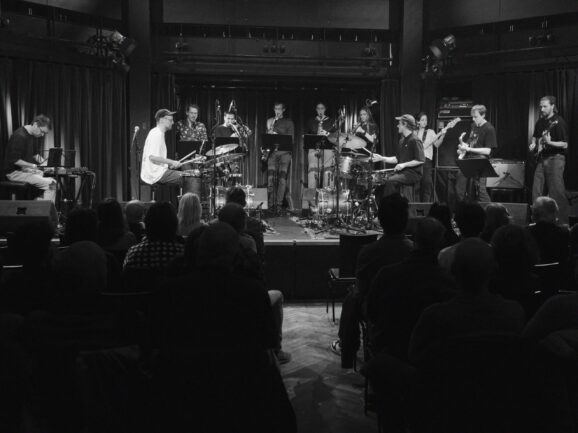
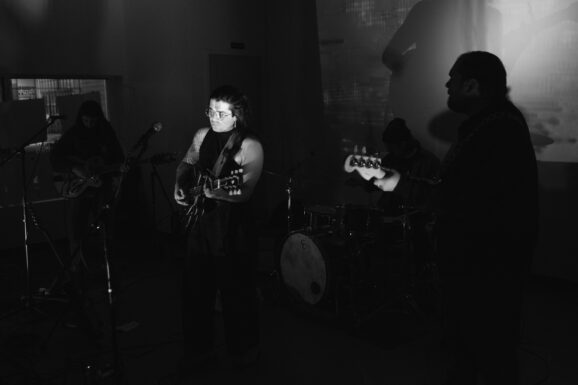

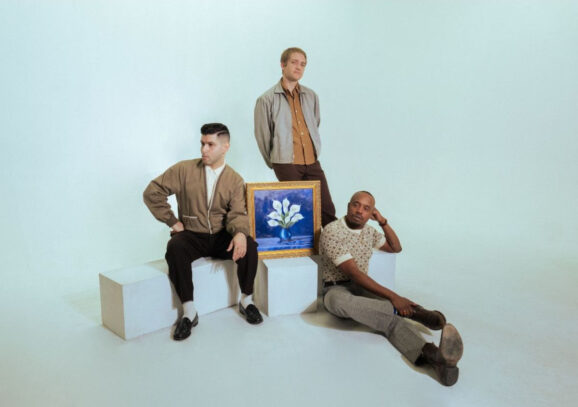
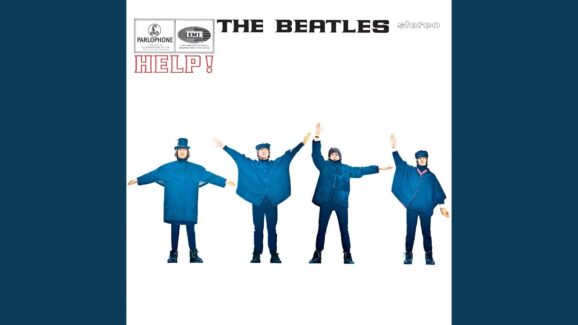


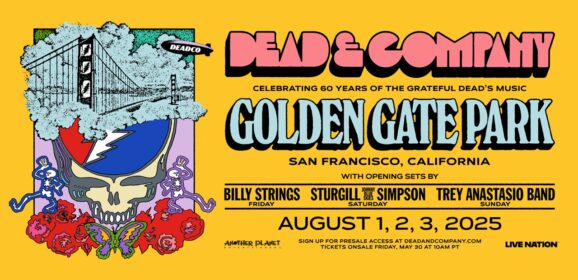
One Response
The album Aftermath contained no psychedelia or experimentalusm. It was however, the strongest of their early albums. Well-crafted songs and arrangements employed a blend of rhythm and blues and rough-edged pop.